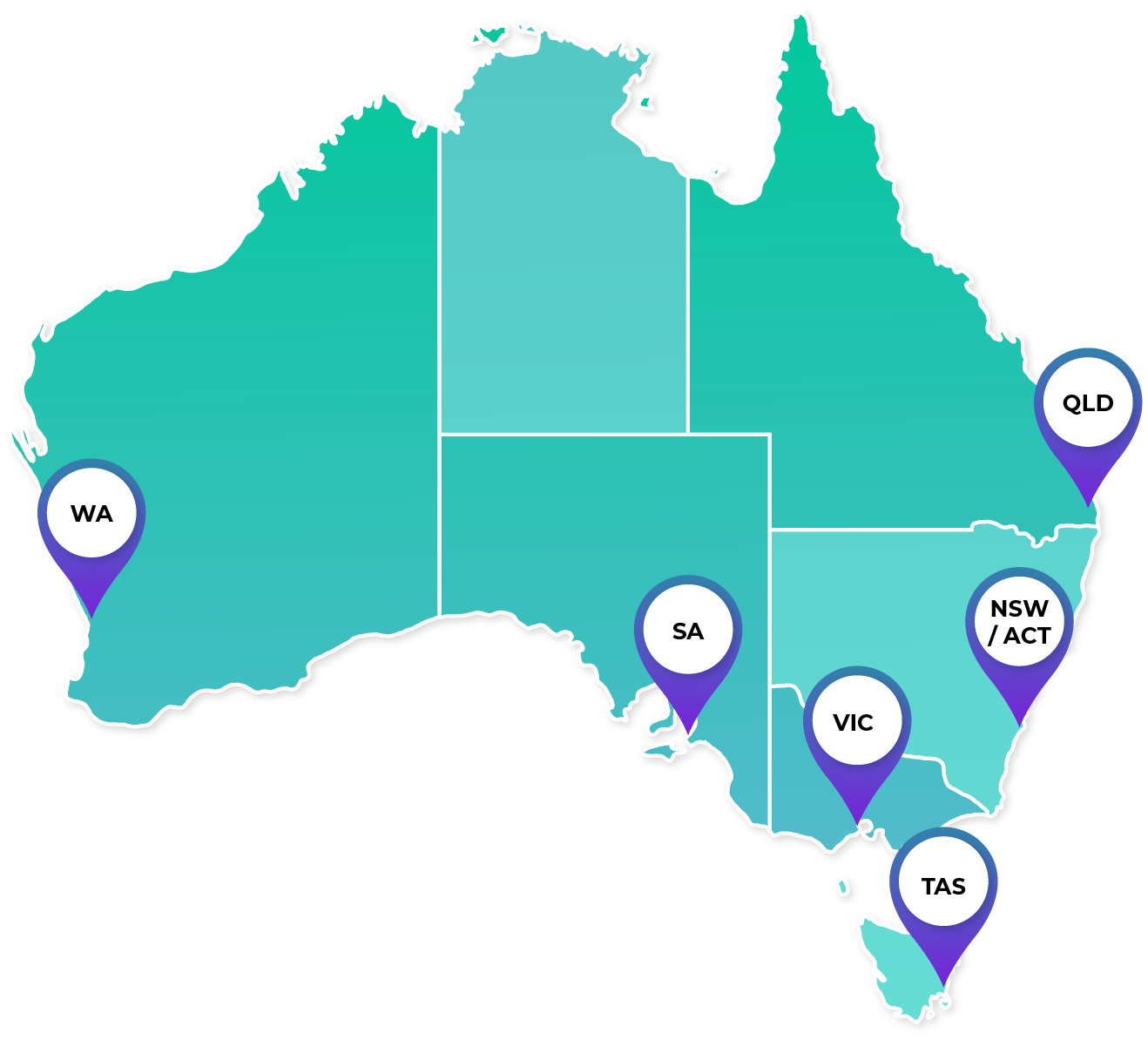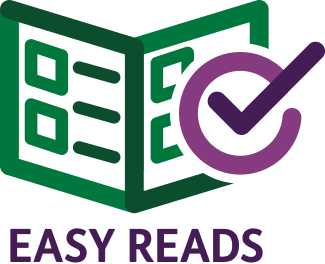Positive Behaviour Support (PBS)
NDIS-Registered, Personalised Therapy Across Australia
Improve independence, achieve personal goals, and get support that’s tailored to you — wherever you are in Australia.

Why choose Bloom Healthcare?
Trusted, accessible, and personalised care across Australia.
Experienced Team
Qualified therapists who care about your progress.
Fast Access
Get support without long wait times.
Australia-Wide
We support clients in every major region.
Personalised Plans
Tailored goals and support just for you.
How Positive Behaviour Support with Bloom Works

We Listen to Your Needs
Our therapists learn what matters most to you.

We Build Your Plan
Together, we design a support plan that meets your goals.

We Support You
Hands-on guidance and regular check-ins to help you succeed.
Our Positive Behaviour Support Services Include:

Functional Behavioural Assessment
Interim Plan Reporting
Paediatric Therapy
Other services
Training of implementing providers
Multi Disciplinary Practice
Family Centred Practice
Daily Living Skills Support

Reduced Restrictive Practices
Ongoing monitoring and review
Reporting to NDIS Commission
We’re Local – No Matter Where You Are
Our therapists are based in key locations around Australia.

Sydney
Metropolitan & Greater Sydney
Brisbane
Metropolitan & South East Qld
Perth
Metropolitan & Greater Perth
Melbourne
Metropolitan & Greater Melbourne
Adelaide
Metropolitan & Greater Adelaide
ACT
Metropolitan & Regional
Easy Read Guide
A plain-English guide to PBS and NDIS support.

Start the Conversation
Have questions or need support? Use the form below and we'll be in touch.
Frequently Asked Questions
What is Positive Behaviour Support?
PBS is a person-centred approach that focuses on improving a person’s quality of life. The primary goal is to enhance overall well-being and happiness whilst reducing behaviours of concern. Our clinicians use evidence-based strategies to achieve these outcomes. Learn more.
What is a behaviour support plan?
A behaviour support plan is a collaborative document that outlines tailored strategies to support the participant who displays behaviours of concern. Created in partnership with the participant, their family, carers, and other key supports, the plan includes evidence-informed approaches aimed at enhancing the person’s wellbeing, safety, and overall quality of life.
How is Positive Behaviour Support different from other Allied Health services?
Positive Behaviour Support (PBS) focuses on understanding and addressing the underlying causes of behaviours of concern to improve a participant’s quality of life and reduce the need for restrictive practices. Allied health professionals like Occupational Therapists, Speech Pathologists, and Psychologists also support participants and their focus is typically on specific areas of functioning—such as sensory processing and daily living (OT), communication and language (SP), and psychosocial disability, cognition, and emotional regulation (Psychologists). PBS practitioners often collaborate with these disciplines to ensure behaviour support strategies are holistic, integrated, and tailored to the participant’s need
What does a Bloom Behaviour Support practitioner do?
To ensure meaningful and consistent support, Bloom Behaviour Support Practitioners prioritise frequent face-to-face engagement with the participant and their support network. We have streamlined documentation processes so that practitioners can focus more on direct observation, relationship-building, and hands-on implementation of supports. We aim to provide supports in accordance with the funding and clinical need of the participant.
Who is eligible for NDIS-funded Positive Behaviour Support services?
To access Bloom Behaviour Support Services – your NDIS plan will need to have Improved Relationships Funding outlined within the plan.
Bloom Healthcare proivdes NDIS Positive Behaviour Support services in Sydney and the whole New South Wales region, Brisbane and other locations in South East Queensland, Melbourne and more places in Victoria, Perth and WA, Adelaide and South Australia, Canberra and Tasmania.
What are restrictive practices?
There are five categories of regulated restrictive practices that are monitored by the NDIS Commission. These are the following:
- Seclusion – the sole confinement of a person with disability in a room or a physical space at any hour of the day or night where voluntary exit is prevented, or not facilitated, or it is implied that voluntary exit is not permitted.
- Chemical restraint – the use of medication or chemical substance for the primary purpose of influencing a person’s behaviour. It does not include the use of medication prescribed by a medical practitioner for the treatment of, or to enable treatment of, a diagnosed mental disorder, a physical illness or a physical condition.
- Mechanical restraint – the use of a device to prevent, restrict, or subdue a person’s movement for the primary purpose of influencing a person’s behaviour but does not include the use of devices for therapeutic or non-behavioural purposes.
- Physical restraint – the use or action of physical force to prevent, restrict or subdue movement of a person’s body, or part of their body, for the primary purpose of influencing their behaviour. Physical restraint does not include the use of a hands-on technique in a reflexive way to guide or redirect a person away from potential harm/injury, consistent with what could reasonably be considered the exercise of care towards a person.
- Environmental restraint – Restricting a person’s free access to all parts of their environment, including items or activities.
The Regulated Restrictive Practices Guide outlines NDIS providers’ obligations when implementing regulated restrictive practices.
Positive Behaviour Support
At Bloom Healthcare, we proudly offer NDIS-registered Positive Behaviour Support (PBS) services aim to enhance the quality of life for individuals with disabilities. Our approach is evidence-based, and person-centred aiming to understand and address the root causes of challenging behaviours. Through proactive, supportive strategies, PBS helps reduce restrictive practices, support independence, and improve outcomes for participants, their families, and carers.
Additional Information
Key Features of Our PBS Services
1. Functional Behaviour Assessments (FBA)
Every NDIS PBS journey at Bloom Healthcare begins with a thorough FBA to understand the individual’s environment, history, and behavioural triggers. These dynamic assessments inform a tailored Behaviour Support Plan (BSP) that evolves with the individual’s needs and promotes long-term, positive outcomes.
2. Person-Centred Planning
We develop support strategies aligned with each individual’s strengths, goals, and preferences. Plans are designed to be meaningful, engaging, and empowering, helping participants lead more fulfilling lives. When individuals are unable to contribute directly, family or guardians are included in the planning process.
3. Family and Caregiver Involvement
Families and caregivers are vital to PBS success. Bloom healthcare offers regular consultations, training, and workshops to equip them with the tools needed to reinforce positive behaviours and foster supportive environment at home and in the community.
4. Ongoing Monitoring and Review
PBS is an evolving process. We continually assess the effectiveness of each BSP, making timely adjustments to ensure alignment with the participants goals. Feedback and collaboration are integral to maintaining effective common responsive support.
5. Practitioner Excellence
Our team undergoes continuous professional development to remain at the forefront of PBS best practices and NDIS compliance. We invest in rigourous supervision and training to ensure high-quality, evidence-informed care.
Why Choose Bloom Healthcare for PBS?
Expertise and Multidisciplinary Care
Our team includes NDIS specialists in psychology, occupational therapy, speech pathology, and social work. This diversity allows us to provide holistic, integrated care that addresses all aspects of an individuals needs.
Tailored Individualised Support
We understand that each person is unique. Our support plans are customised to reflect individual aspirations, challenges and social environments. This personalised approach insures interventions are both effective and empowering.
Community-Centred Solutions
We actively collaborate with schools, local organisations, and community groups to create supportive networks around our participants. This enhances social inclusion and encourages positive engagement in daily life.
Innovative Tools and Techniques
Bloom healthcare leverages technology, such as telehealth and wearable devices, to improve access and monitor behaviours in real-time. These insights inform more accurate, responsive support strategies.
Commitment to Best Practices
We are driven by ongoing improvement and regularly integrate the latest research into our practice. Our commitment to excellence ensures our clients benefit from cutting-edge, high-impact support.
We are here whenever you need us
Bloom Healthcare acknowledges the Traditional Custodians of the land. We pay our respects to their Elders past and present, and extend that respect to all Aboriginal and Torres Strait Islander. We recognise their continuing connection to land, waters, and culture, and acknowledge that sovereignty was never ceded.
